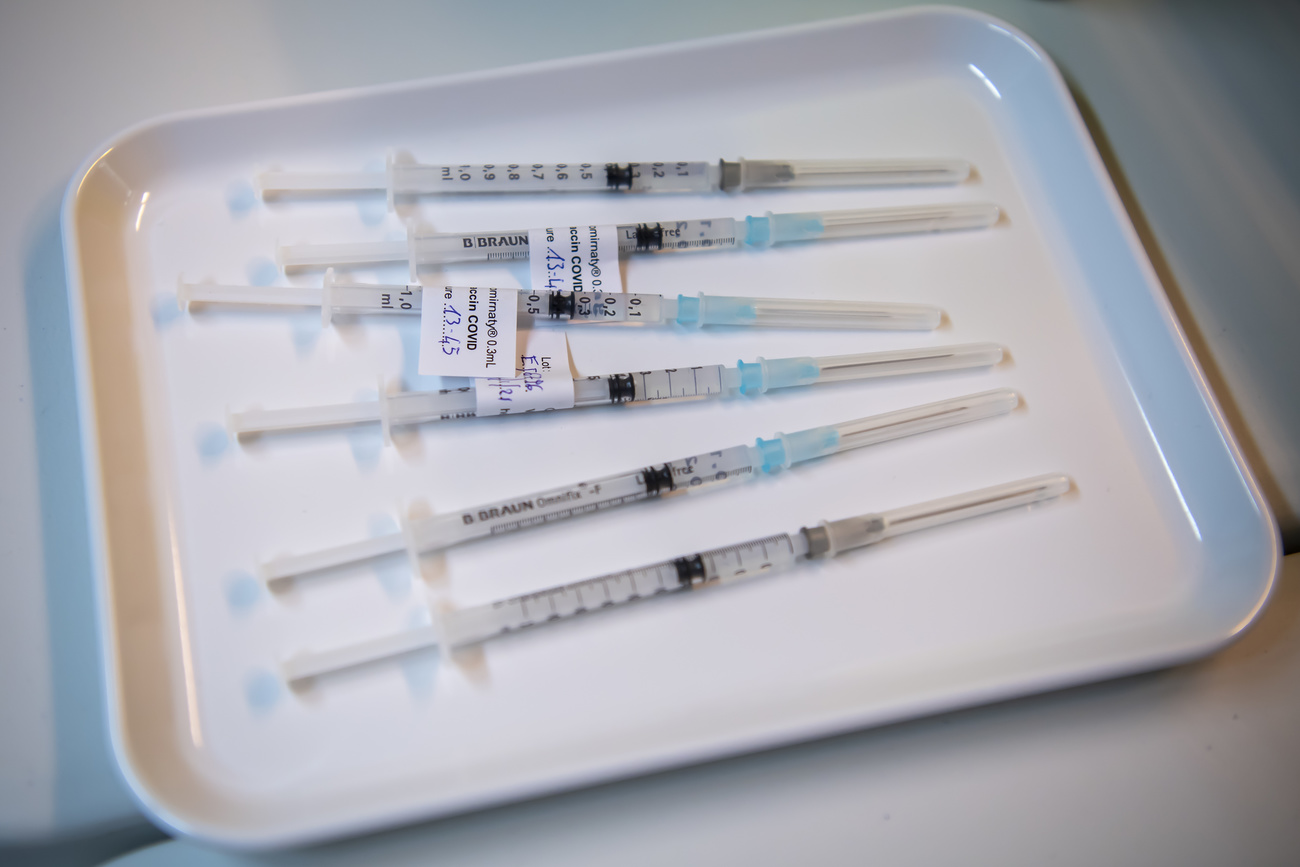
Quarter of new Covid-19 cases are people entering from abroad

A quarter of the cases recorded in Thursday were attributed to travel to high risk countries.
With 88 new cases recorded on Thursday, the spread of the coronavirus has “slightly stabilised”, said the country’s top health official.
Stefan Kuster, head of infectious diseases at the Federal Office for Public Health (FOPH), said at a press conference on Thursday that he was glad to see the number of new cases sink again below three figures. Wednesday had seen 129 new positives recorded.
However, he added, the reproduction rate – how many other people a sick person infects – still stands at 1.38. The objective remains to lower this below one, Kuster said.
The new cases are spread around the country, with the larger cantons recording larger growth, and most transmissions happening in nightclubs and discos, but also at funerals and in workplaces, Kuster said.
He also said that a quarter of the new cases were people who had visited “at-risk” countries where the virus is more widespread than in Switzerland.
In order to stem the further spread of such cases, Kuster said that more information would be provided for people coming from abroad about the need to self-quarantine upon arrival in Switzerland – but there would be no systematic controls at airports or border crossings.
Last week, Switzerland published a list of 29 “high risk” countries, from which travellers need to go into quarantine for 10 days after entering Switzerland. Under Swiss law anyone who breaks the regulations could be liable to a fine of up to CHF10,000 ($10,668).
Some 3,000 people in the country are currently in quarantine. Cantonal authorities, who also conduct contact tracing to track the chain of infections, check in with quarantined people to see if they are following the rules.
At the press conference, Linda Nartey, the chief doctor in Canton Bern, said that her staff had faced some “unpleasant experiences” from travellers such as quarantine not being respected, or being insulted during check-ups.

More
Coronavirus: the latest numbers

In compliance with the JTI standards
More: SWI swissinfo.ch certified by the Journalism Trust Initiative































You can find an overview of ongoing debates with our journalists here . Please join us!
If you want to start a conversation about a topic raised in this article or want to report factual errors, email us at english@swissinfo.ch.